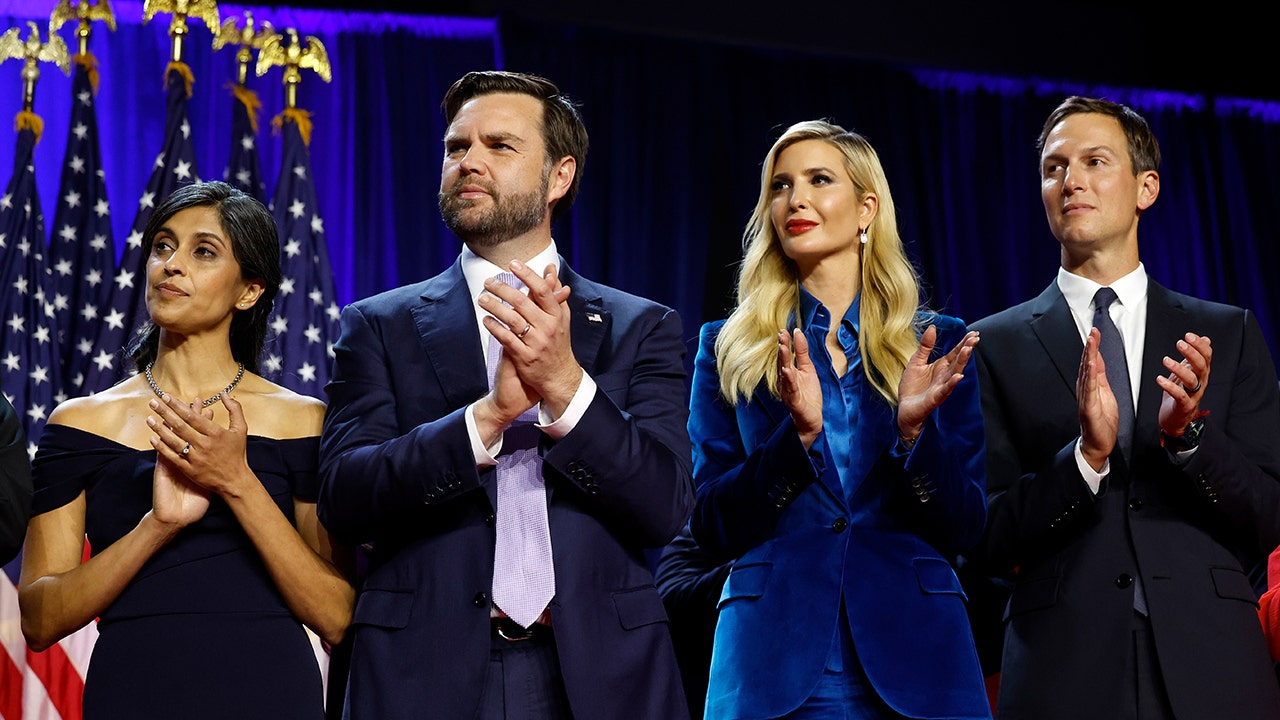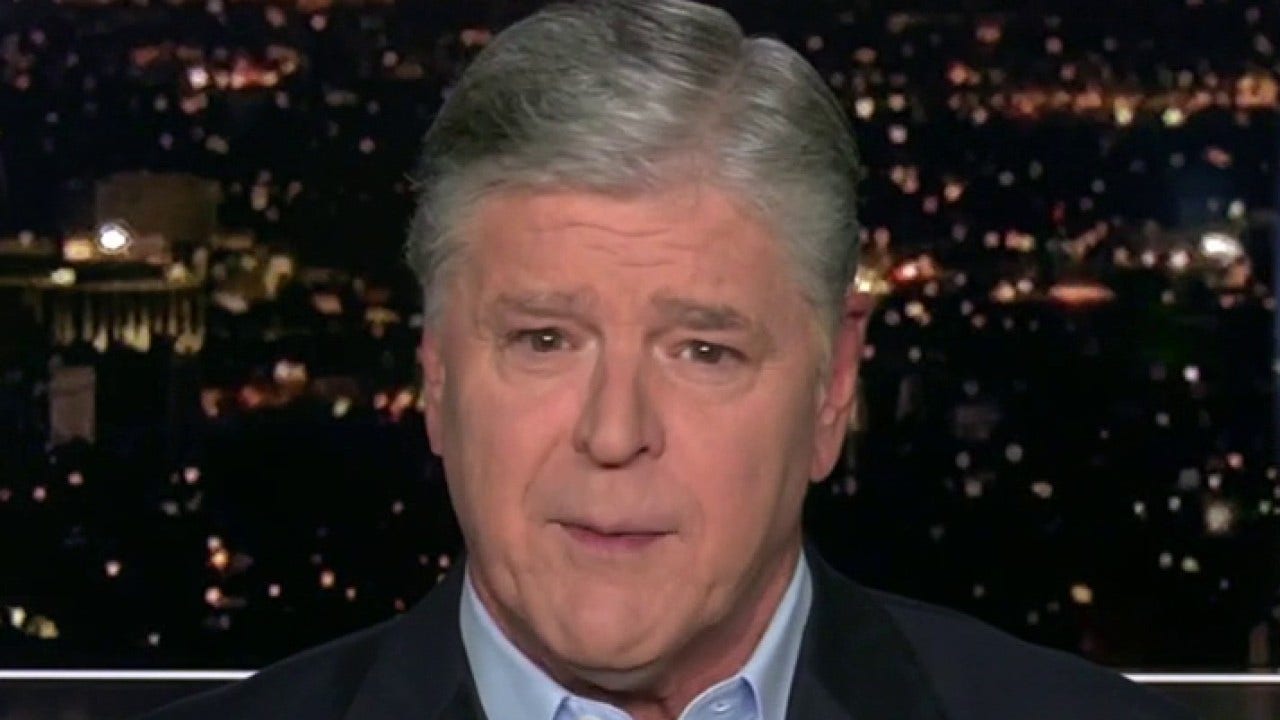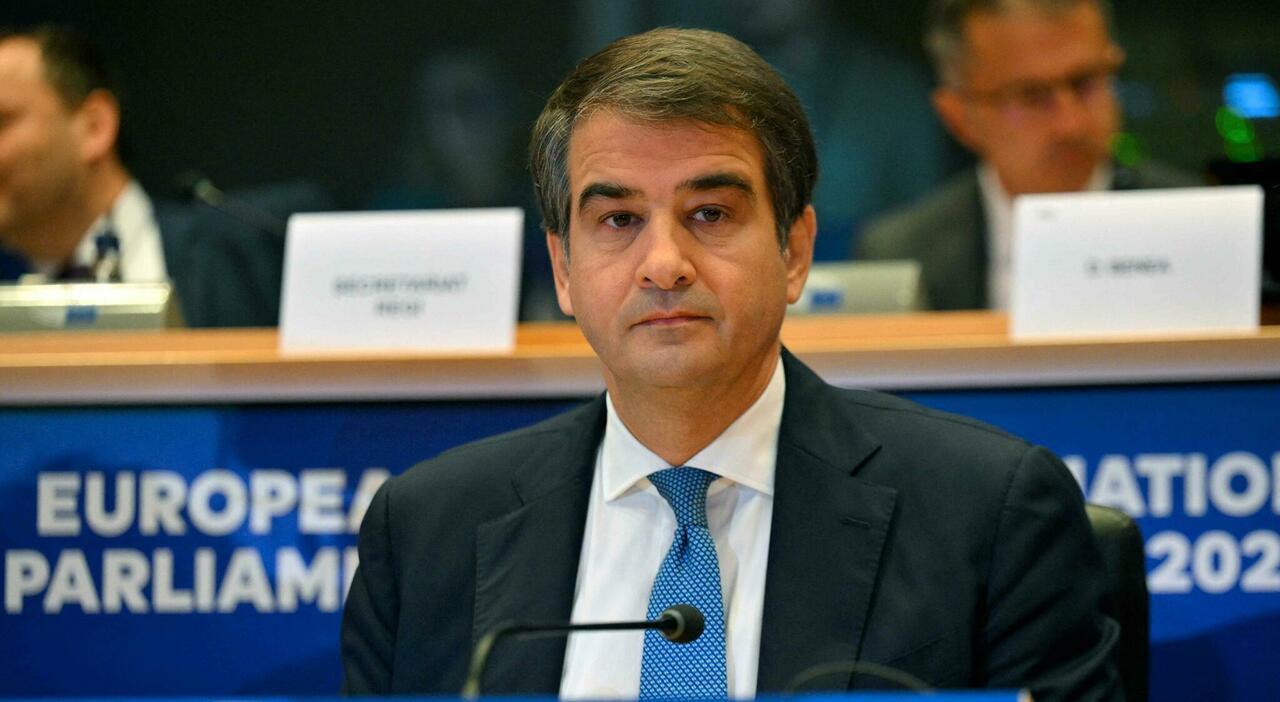Three Democratic senators are asking McDonald’s about its menu price hikes in recent years, arguing that the increases are higher than they should be — even with inflation and rising operating costs.
In a letter sent Monday afternoon, Sens. Elizabeth Warren of Massachusetts, Bob Casey of Pennsylvania and Ron Wyden of Oregon demanded that McDonald’s President and CEO Chris Kempczinski explain the chain’s pricing decisions.
“McDonald’s own reports indicate that the company’s price increases may be outstripping inflation,” read the letter, which was shared first with NBC News.
Operating expenses at McDonald’s increased by 16.5% from 2020 to 2023, while its net profit margins increased from about 26% to 32% in the same period, according to the letter.
“As a result, McDonald’s net annual income rose by over 79% — to nearly $8.5 billion — from 2020 to 2023,” it said.
McDonald’s did not immediately respond to a request for comment on the letter, which comes as fast-food restaurant prices have become out of reach for some lower-income households, leading them to instead opt to eat at home.
Fast-food chains are aware of the negative perceptions of their prices: To woo customers, McDonald’s revived its $5 value menu over the summer and then extended the promotion until December. Other popular fast-food chains have run similar deals.
The letter acknowledged that since the pandemic, prices have risen substantially at many popular restaurant chains. The senators wrote that they were singling out McDonald’s because of its position as the largest fast-food chain in the U.S. and because of what they said were inconsistencies in McDonald’s explanations about its finances.
“Earlier this year, McDonald’s USA President Joe Erlinger tried to blame the company’s menu price increases on inflationary pressures and input costs, but the data tells another story,” the letter said, adding that an analysis from March by the progressive think tank the Roosevelt Institute found that the McDonald’s markup — the difference between the cost of production and what consumers pay — was 85% last year.
“McDonald’s operating profit margins were 52% in the same year, the highest of the ten largest publicly traded fast food companies,” the letter said.
McDonald’s prices have raised eyebrows. A post on X purported to show a Big Mac combo meal at a Connecticut rest stop that was priced at nearly $18.
In May, Erlinger wrote a letter to customers saying “viral social posts and poorly sourced reports that McDonald’s has raised prices significantly beyond inflationary rates” were inaccurate. He said the average price of a Big Mac in the U.S. was $5.29, up 21% since 2019, when it was $4.39.
The average prices of menu items overall have increased about 40% since 2019, Erlinger added, which he said was in line with an approximately 40% increase in input costs, such as employee salaries, ingredients and paper.
A couple of months later, McDonald’s executives announced they were taking a “forensic approach” to examining their prices to make sure they were providing good value.
The senators said they welcomed the findings of the evaluation but also pointed out that “at the same time that McDonald’s was raising prices, McDonald’s has paid out almost $4 billion in stock buybacks in 2022 and over $3 billion in 2023.”
“Corporate profits must not come at the expense of people’s ability to put food on the table,” the letter said.
The letter was sent a couple of weeks after Warren and Rep. Madeleine Dean, D-Pa., accused General Mills, Coca-Cola and PepsiCo of engaging in a “pattern of profiteering” through shrinkflation — the practice of paring product sizes while charging the same prices or higher.
In statements to NBC News, Casey called McDonald’s actions “textbook greedflation,” while Warren said McDonald’s is “squeezing customers to make massive profits, paying out billions to wealthy shareholders, and then turning around and blaming inflation for high costs.”
“Fast food is supposed to be about making life easier for Americans, not a fast profit for McDonald’s executives and Wall Street,” she said.
McDonald’s franchisees own and operate more than 95% of all the chain’s restaurants in the U.S, according to the company. The senators’ letter asked Kempczinski, the CEO, whether McDonald’s provides franchisees with guidance about pricing decisions and whether it has lowered prices on any menu items outside of its $5 Meal Deal.
It also asked whether McDonald’s executives received bonuses or other incentive-based compensation from 2020 to 2024 and whether any incentives were based on executives’ ability to increase per-customer profits.
Large corporations “owe consumers transparency when they hike menu prices,” Wyden said in a statement to NBC News.
“McDonald’s isn’t a happy place if families are being price gouged for a Happy Meal,” he said. “Fast food chains, like McDonald’s, are raking in profits while families struggle to buy meals that are meant to be affordable and accessible.”
Elizabeth Chuck is a reporter for NBC News who focuses on health and mental health, particularly issues that affect women and children.

 1 mese fa
7
1 mese fa
7















 English (US) ·
English (US) ·